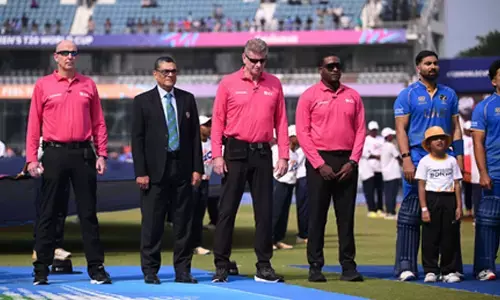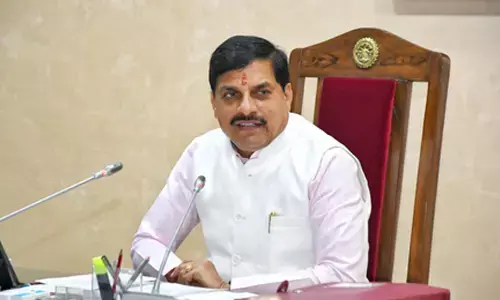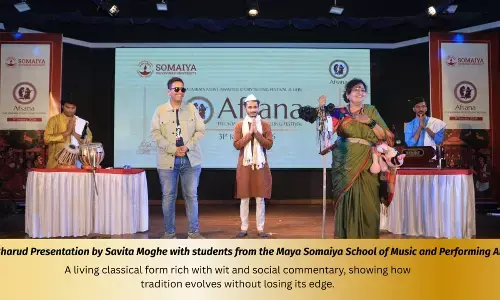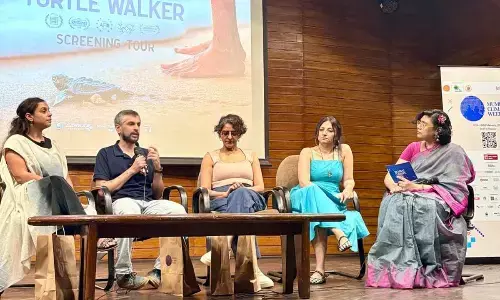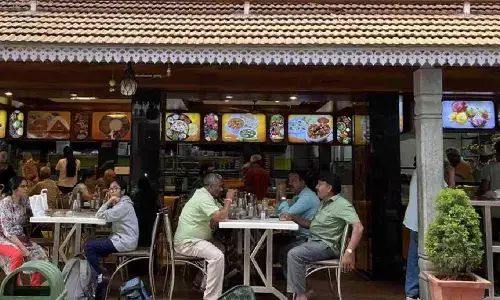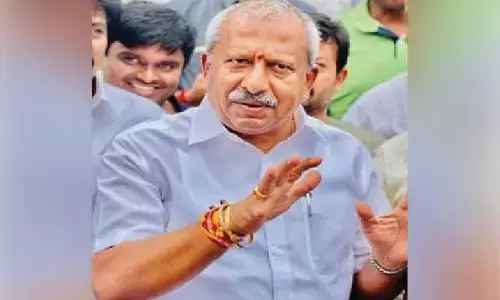A Hindu mother and a Muslim son
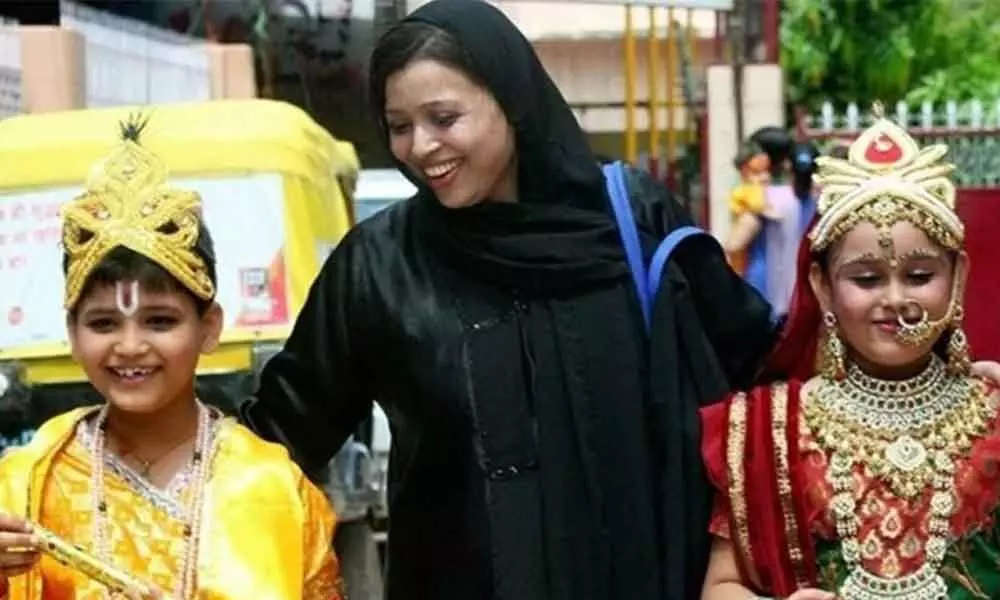
Representational Image
In India the words Hindu and Muslim always bring into our minds riots, killings, rapes and incessant bickerings. There are numerous stories that narrate the love and cooperation between Hindus and Muslims in India to show that they coexist as the citizens of our country.
In India the words Hindu and Muslim always bring into our minds riots, killings, rapes and incessant bickerings. There are numerous stories that narrate the love and cooperation between Hindus and Muslims in India to show that they coexist as the citizens of our country. But such narratives are blurred by the actions of the bigots and fanatics of both sides.
Khwaja Ahmad Abbas tells in his autobiography—I Am Not An Island: An Experiment in Autobiography—the touching story of an old pious Hindu lady saving him from the lathi blows of the British police while he participated in the protest rally held at Shivaji Park in Bombay in the evening of August 9, 1942 against the arrest of the Mahatma and other Congress Working Committee members for passing the historic Quit India resolution.
Another touching narrative I have read is that of Mankumar Sen, the well-known Calcutta journalist whose family was uprooted from East Pakistan. The riots that started in Noakhali in October 1946 reached the doors of Mankumar Sen's village too. Sen, his newly married wife, old parents and young dependents would have been killed had the milkman Kasem Ali not helped them to escape by ferrying them in his boat stealthily.
The above incidents happened before Independence. Such acts of compassion happen in contemporary India too even though not in such terrific situations or with such grandiosity. The other day I read a touching Facebook post by a professor (who "was stuck in a rigidly vegetarian home") describing a 'lovelier' experience of hers when she gave birth to her daughter in June 1998.
The FB post says: "I was writing the last chapters of my PhD thesis then. No one really cared about my pregnancy, not even the better ones at home..." She continues: "My daughter was born. What a miracle she was, her perfect round head, that single dimple on her golden cheek... But something lovelier was to happen. I had no one to take care of me; no sisters, no sisters-in-law. My mother and mother-in-law were too senior to stay up at night with the baby. But I had enough and more of breast milk so my baby slept soundly. That was not the case in the next room, where a younger woman had delivered a baby boy all of four and half kilos and the poor little fellow was screaming because his mum had no milk. ..... when the nurse came round, I told her that I could feed him. His was a Muslim family; his mum had several sisters, and they were carrying him in turn. But he would just not relent. Finally, at around dawn, they brought him, and I fed him. The poor darling drank his fill and slept! The family—the little chap's aunts—were delighted."
"Then, by evening that day, his father's family came. They were more orthodox and were shocked to know that he was fed by another woman!"
"...After four months, when his mother was ready to go back and join his father abroad, the family brought him over to see me. That was the last I saw of him. I wonder where he is now—my son of a few hours. He must be a strapping young man now." And she wishes him happy birthday just as she wishes it to her daughter.
As Howard Zinn says in A People's History of the United States, "Our future may be found in the past's fugitive moments of compassion rather than in its solid centuries of warfare."


